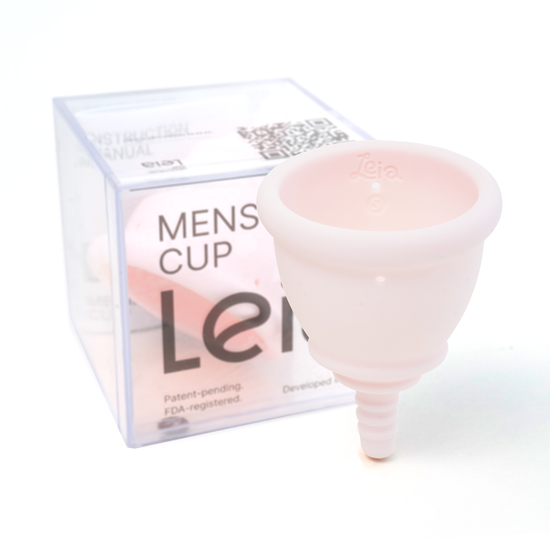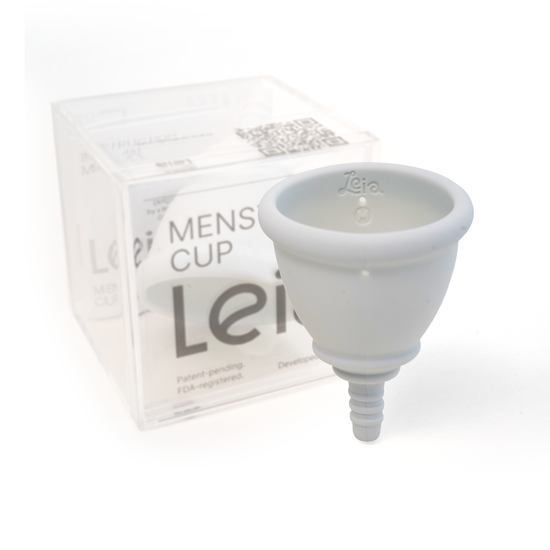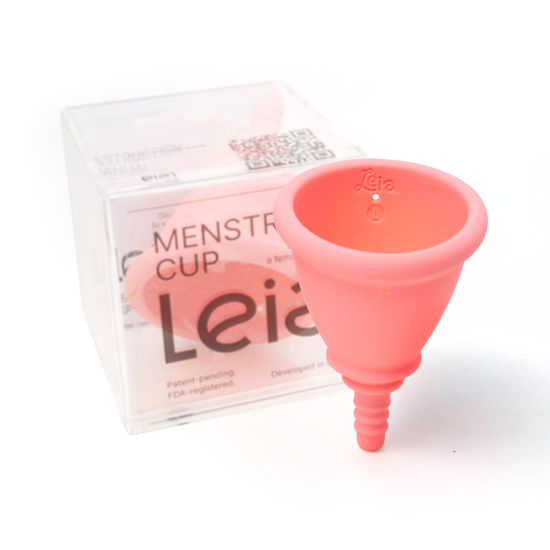
Nurturing Understanding: Why Talking to Children About Menstruation Matters
Why It's Important To Talk To Children About Menstruation
This is just as important a question as "where do babies come from?", "why do boys and girls differ?", and other aspects of sexual education. Unfortunately, 10-15 years ago, the topic of menstruation was considered very secretive and shameful. In some families, it was not even allowed to say the word "menstruation" in a conversation between mothers and daughters, let alone other family members, especially males. This created a certain stigma around this topic in our society. The concealment of certain aspects, not answering all the child's questions, or the absence of such a conversation in the family often led to psychological trauma for young girls when they encountered their first menstruation.
Fortunately, there are fewer of such stories today, as many parents understand the importance of having such a conversation directly within the family, rather than relying on external sources.
Involving Boys: An Equally Important Conversation
Many mothers of boys now breathe a sigh of relief, thinking, "Phew, at least this doesn't concern us." But no, it is important to talk about menstruation with both girls and boys. Of course, boys do not need to be provided with detailed descriptions and delve into the details unless they ask such questions themselves. However, it is very important for boys to understand that this is a completely natural process; it will help prevent the demonization of menstruation in society in the future. It is very important for children to hear about the topic of menstruation, as well as sexual maturation and sex, from their parents for the first time rather than from biology classes or unreliable sources. Parents are capable of calmly and delicately providing all the information, which will make the child more comfortable. Equally important is the timing of initiating such a conversation.
Timing Matters: Initiating the Conversation
Talking to girls should start before their first menstruation. It is very important because if a girl knows nothing about menstruation, she may feel fear and have a negative experience when she sees blood, which will undoubtedly affect her future menstrual experience and may result in disgust and fear of menstruation.
This can lead to both psychological and gynecological problems. Since all processes in the body are controlled by the brain, in case of stress or negative association, the proper functioning and regulation of these processes will be disrupted. Currently, the average age of starting menstruation is 9-12 years old. The timing of the conversation can be indicated by changes happening in the girl's body – breast, underarm, and pubic hair growth, mood swings, sudden growth spurt, lengthening of feet, etc. Approximately 1.5 years after these signs appear, the girl will experience her first menstruation, known as menarche.
The Conversation: Tips for Parents
Think in advance about your conversation and refresh your knowledge if necessary. The conversation should be conducted smoothly and delicately, without relying on your personal feelings and experiences about the first menstruation, as you may have had a negative experience in the past. Also, avoid using veiled and "made-up" terminology. Tell everything as it is, and if the child has uncomfortable questions, be prepared to answer them calmly and without embarrassment. In this conversation, it is important for the child to receive answers to all their questions and accurate information. Speak calmly, without emotional coloring. If the child feels uncomfortable and wants to end this conversation, do not insist, simply postpone it to another more convenient and calm time. Do not turn a calm conversation into an anatomy lesson with an exam afterwards.
Hygiene Products and Empowerment
Have a discussion with the girl about all existing hygiene products, do not insist on a specific choice, and allow the child to decide what suits them best. Explain and demonstrate how to use them correctly and where to find them if menstruation starts at home. It is not advisable to keep hygiene products "somewhere far away" or in a "black box with four locks." Make it clear to the girl that menstruation is natural and nothing to be ashamed of, and that if she needs help, such as a pad, she can always ask for it from others, including adults.
It is important to mention the possibility of leaks during the conversation and what to do in such cases.
Girls can also use menstrual cups, but sometimes the opening in the hymen (virgin membrane) is too narrow for the cup, and the girl may feel discomfort. In such cases, the use of a cup should be postponed.



